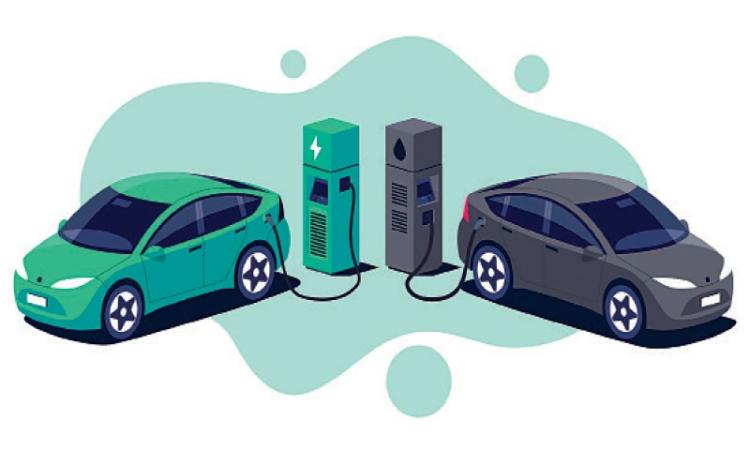The United Arab Emirates (UAE) is rapidly emerging as a significant player in the global electric vehicle (EV) market. Driven by ambitious government initiatives, substantial investments in infrastructure, and a growing consumer appetite for sustainable transportation, the UAE's EV sector is poised for remarkable growth in the coming years.
Market Overview
The UAE's EV market has witnessed substantial growth in recent years. In 2023, the market was valued at approximately $2.97 billion. Projections indicate that by 2030, this figure will soar to $82.22 billion, representing a compound annual growth rate (CAGR) of 45.84% from 2024 to 2032.
Key Drivers of Growth
Several factors contribute to the burgeoning EV market in the UAE:
Government Incentives: The UAE government offers various incentives to promote EV adoption, including tax exemptions, free parking, and toll fee waivers for EV owners.
Infrastructure Development: Significant investments are being made to expand the EV charging infrastructure. Dubai aims to increase its public charging stations to 1,000 by 2025, while Abu Dhabi plans to install 70,000 charging points by 2030.
Environmental Goals: The UAE's commitment to sustainability, as outlined in its Energy Strategy 2050, aims for 50% of vehicles on the road to be electric or hybrid by 2050.
Consumer Adoption Trends
Consumer interest in EVs is on the rise in the UAE:
Cost Savings: EV owners benefit from lower fuel and maintenance costs. Charging an EV in the UAE is significantly cheaper than refueling a gasoline vehicle, with consumers saving up to 88% on fuel costs.
Environmental Awareness: A growing awareness of environmental issues is influencing consumer preferences, with many opting for EVs to reduce their carbon footprint.
Technological Advancements: Modern EVs offer advanced features, such as regenerative braking and connected technologies, enhancing the driving experience and attracting tech-savvy consumers.
Challenges and Opportunities
Despite the positive outlook, the UAE's EV market faces certain challenges:
Charging Infrastructure: While significant progress has been made, the current number of public charging stations may not be sufficient to meet future demand. As of 2023, there were around 2,000 public charging points in the UAE, with over 65% being slow chargers.
Initial Costs: The upfront cost of EVs remains higher than traditional vehicles, which can deter potential buyers. However, government incentives and decreasing battery costs are helping to bridge this gap.
Consumer Awareness: There is a need for increased consumer education regarding the benefits and practicality of EVs to drive adoption further.
Future Outlook
The UAE's EV market is on a trajectory of rapid growth, supported by strong governmental policies, infrastructure development, and shifting consumer preferences. As technological advancements continue and costs decrease, EV adoption is expected to accelerate, positioning the UAE as a leader in sustainable transportation in the region.

